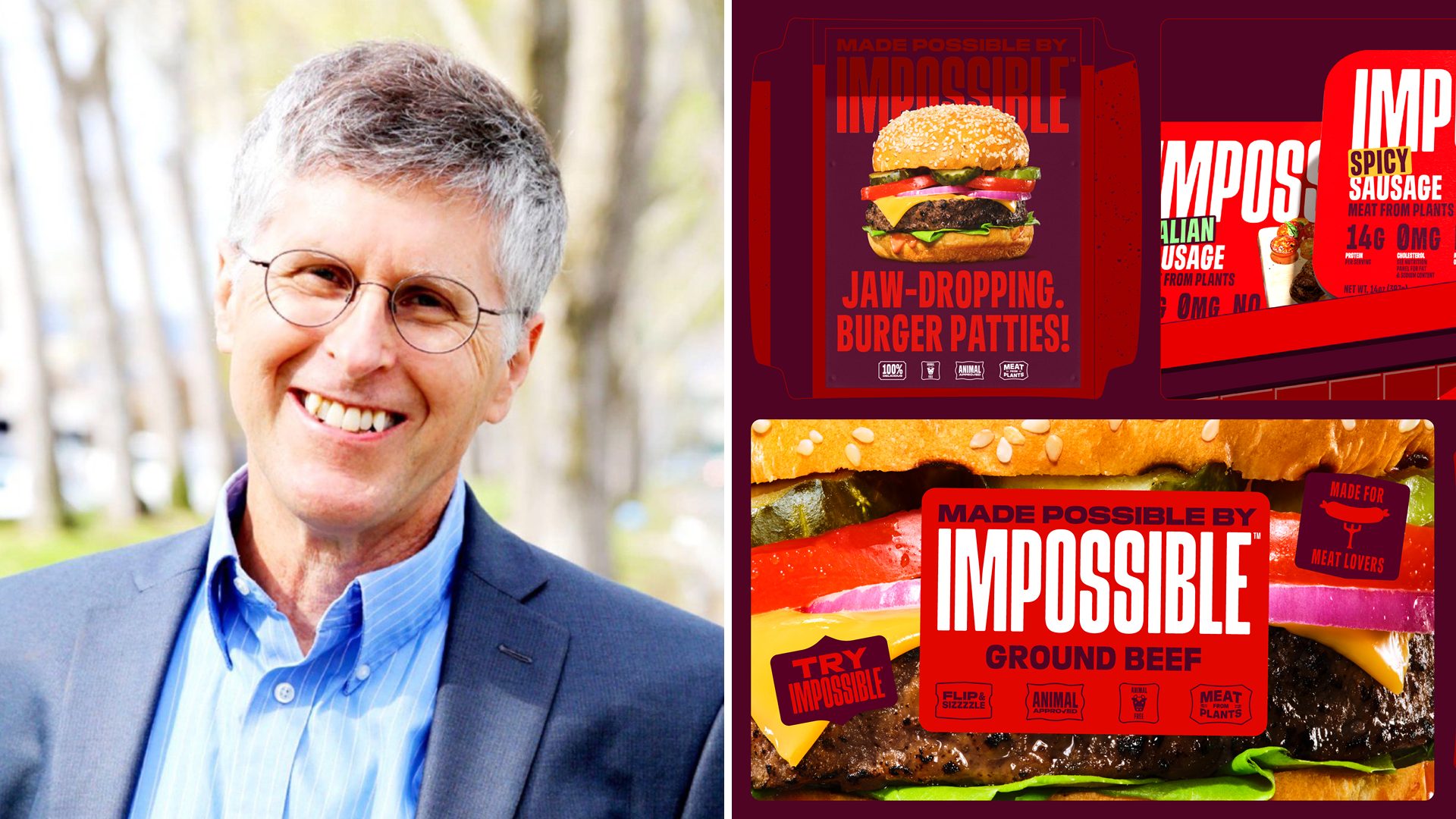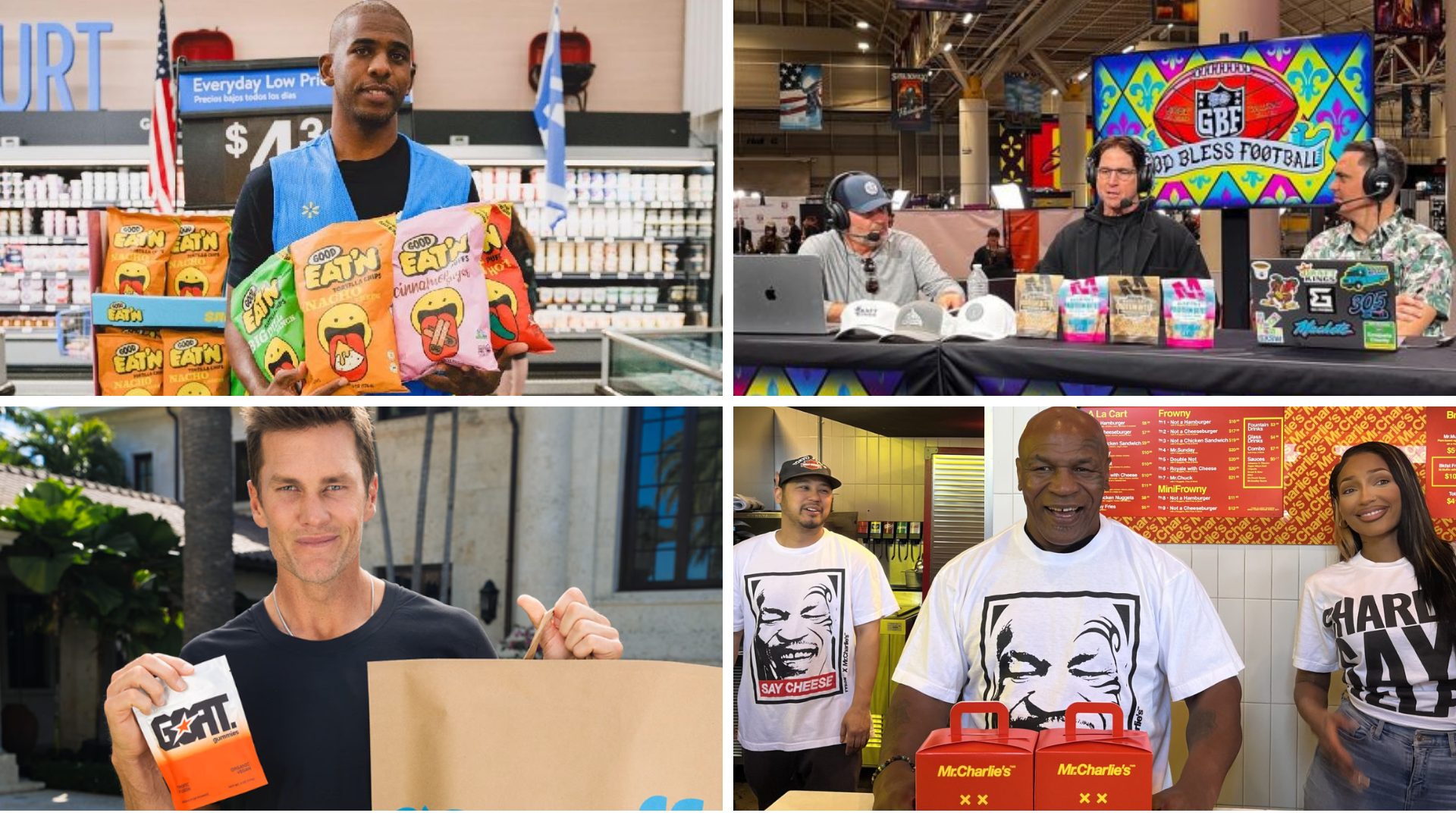There are over 8,000 publicly traded companies on U.S. exchanges. Few are facing as much difficulty as Beyond Meat.
The company reported third quarter earnings on Wednesday afternoon, and they were disastrous. Revenue declined 22.5% year-over-year, and that wasn’t the worst news.
Incredibly, Beyond Meat posted gross margins of negative 18%. Add in operating expenses and even before $7 million in restructuring costs, the company lost almost exactly one dollar for every dollar of sales in the quarter.
The company is not alone in struggling. Kellogg reported last week that MorningStar Farms has posted a double-digit decline in revenue through the first nine months of the year (supply disruptions are a factor). Oatly hasn’t reported Q3 earnings yet, but Wall Street expects a dramatic deceleration in growth to just 14%. In full-year 2021, the company’s sales increased 53%. Oatly, like Beyond Meat, remains significantly unprofitable with margins headed south.
The market has reacted accordingly. Shares of both Beyond Meat and Oatly hit an all-time low on Wednesday. Both stocks have declined more than 90% from their peak. In June, Kellogg announced plans to spin off MorningStar (along with its low-growth cereal business); investors simply shrugged.
Tattooed Chef, which makes frozen plant-based meals, has been pummeled. Canada’s Maple Leaf Farms, briefly a market darling, is threatening to hit a seven-year low. Impossible Foods reportedly was planning to hold an initial public offering this year; peer performance and a weak market suggest that IPO now is a ways off.
THE BIGGEST ISSUE
The problem is simple to diagnose but difficult to fix. The category is shrinking amid an inflationary environment — yet at the same time competition is increasing. Add in soaring input costs and the industry is squeezed.
Beyond Meat CEO Ethan Brown argued on a post-earnings conference call that a “shakeout” in the industry already is underway. But a few less competitors doesn’t fix operating margins of negative 100%.
For Beyond in particular, the question is what, exactly, is the solution. There’s no easy answer. The company finished Q3 with $390 million in cash. It burned $350 million during the first three quarters of the year. Brown promised positive operating cash flow by the second half of the year — but that in turn will require lower marketing spend and likely fewer products, which in turn will hit revenue.
LONG-TERM OUTLOOK
Indeed, while Beyond stock is down, the real danger is highlighted by Beyond Meat’s bonds. Those bonds — with a face value of $1.15 billion — trade at 25 cents on the dollar.
That price implies a substantial risk — at least 65%, and probably higher — of bankruptcy in the next four years. It also blocks one potential escape route: a sale of the company to a deep-pocketed buyer that can manage losses. But no acquirer wants to make those bondholders whole, particularly when the odds are that Beyond Meat’s assets will be available via a Chapter 11 filing in the not-too-distant future.
Brown reiterated on the Q3 conference call that, long-term, his company hopes to achieve “taste and price parity with animal protein”. That was the grandiose vision behind the entire plant-based segment just a few quarters ago. Now, it simply looks like a niche industry — one where even its largest player might not be able to pay its bills.
Vince Martin is an analyst and author whose work has appeared on multiple financial industry websites for more than a decade. He’s the lead writer at Overlooked Alpha, which offers market-wide and single-stock analysis every week.











